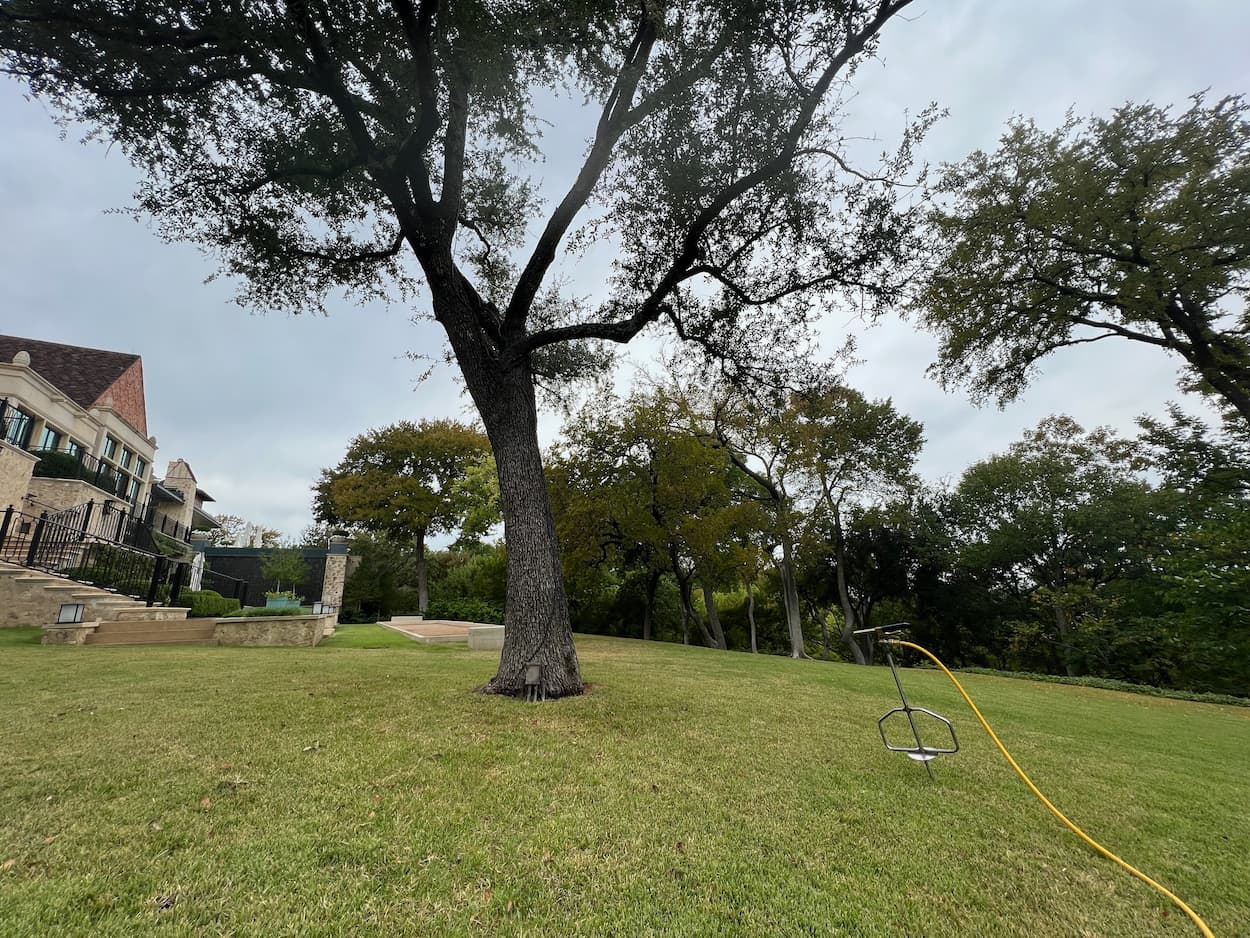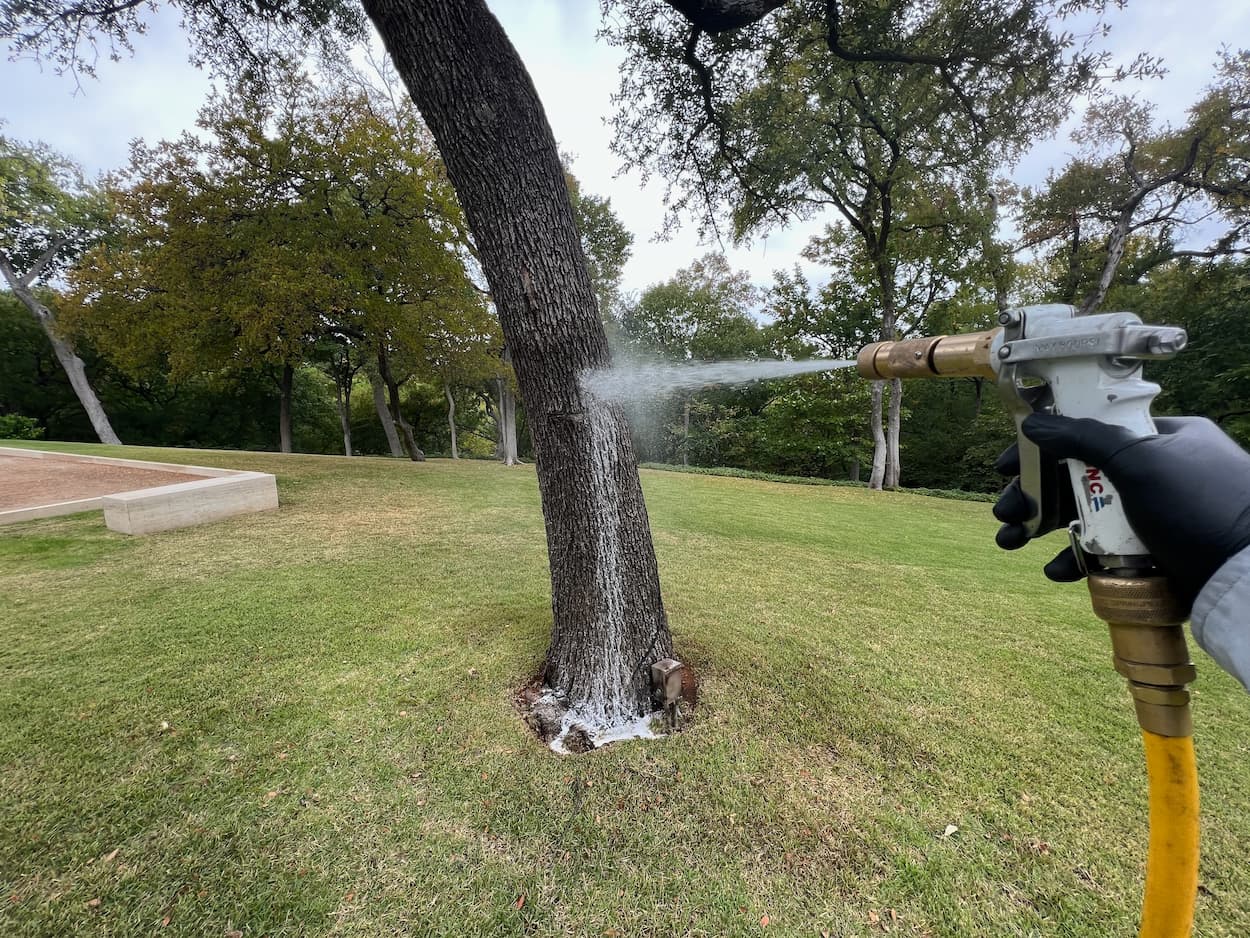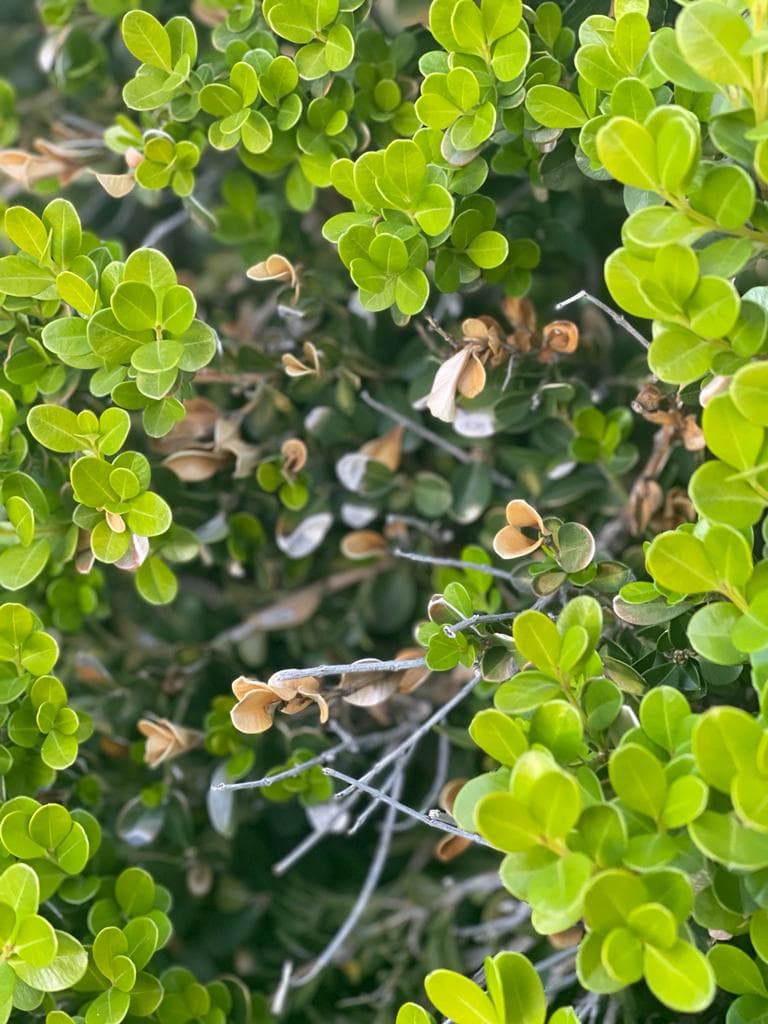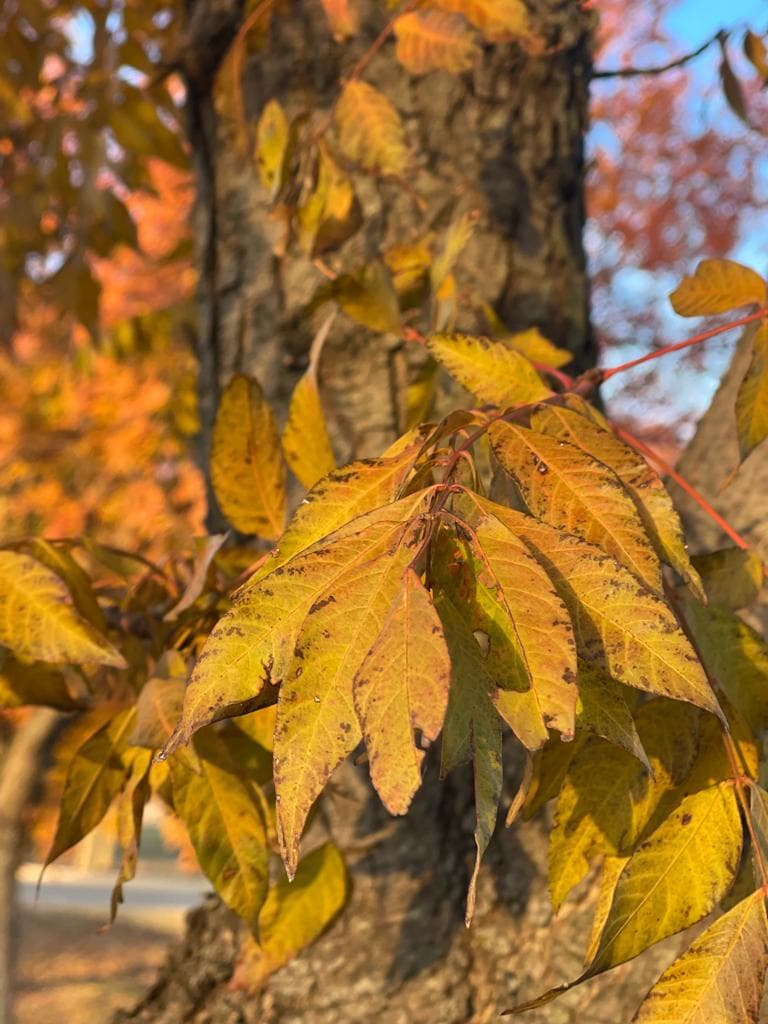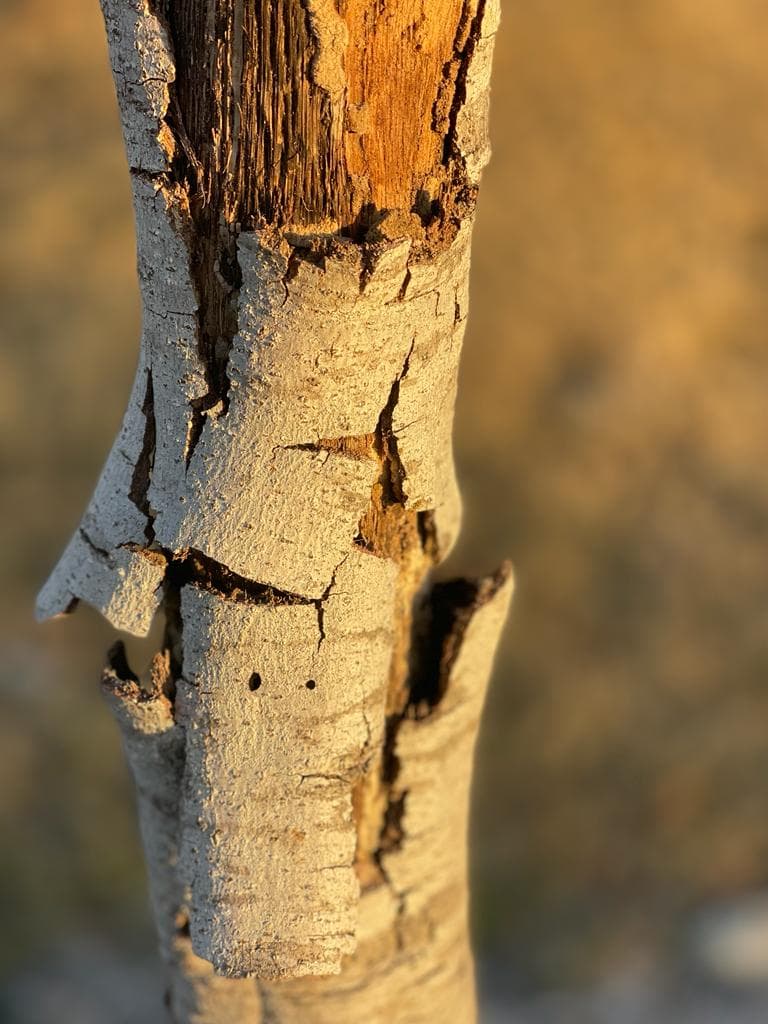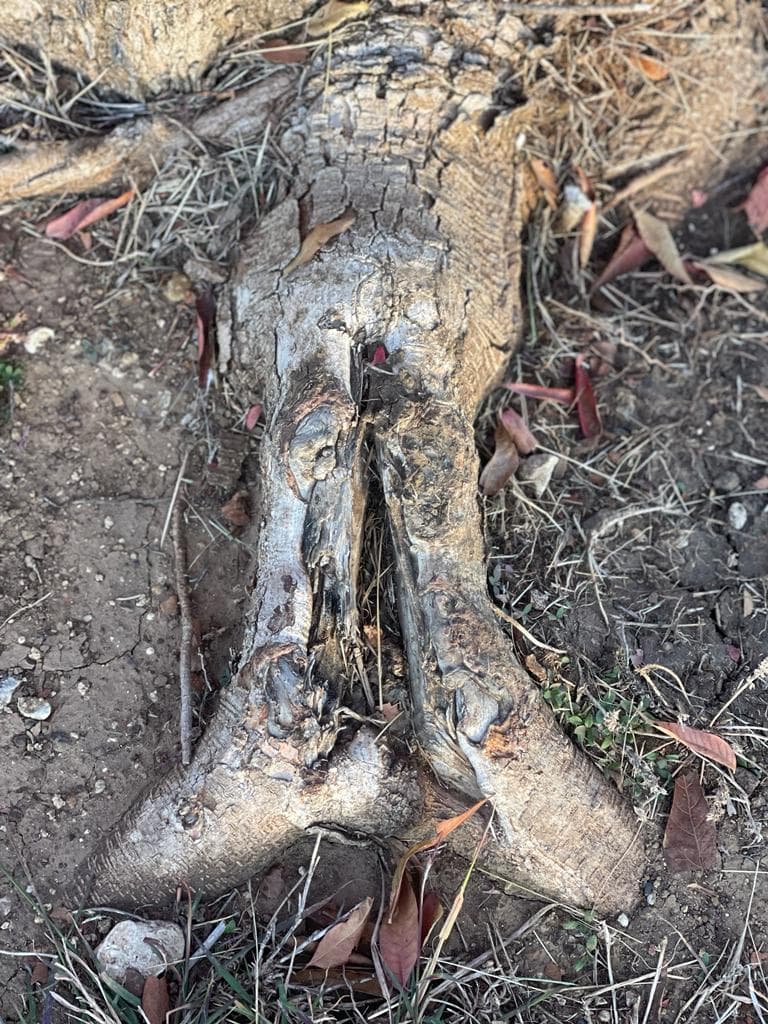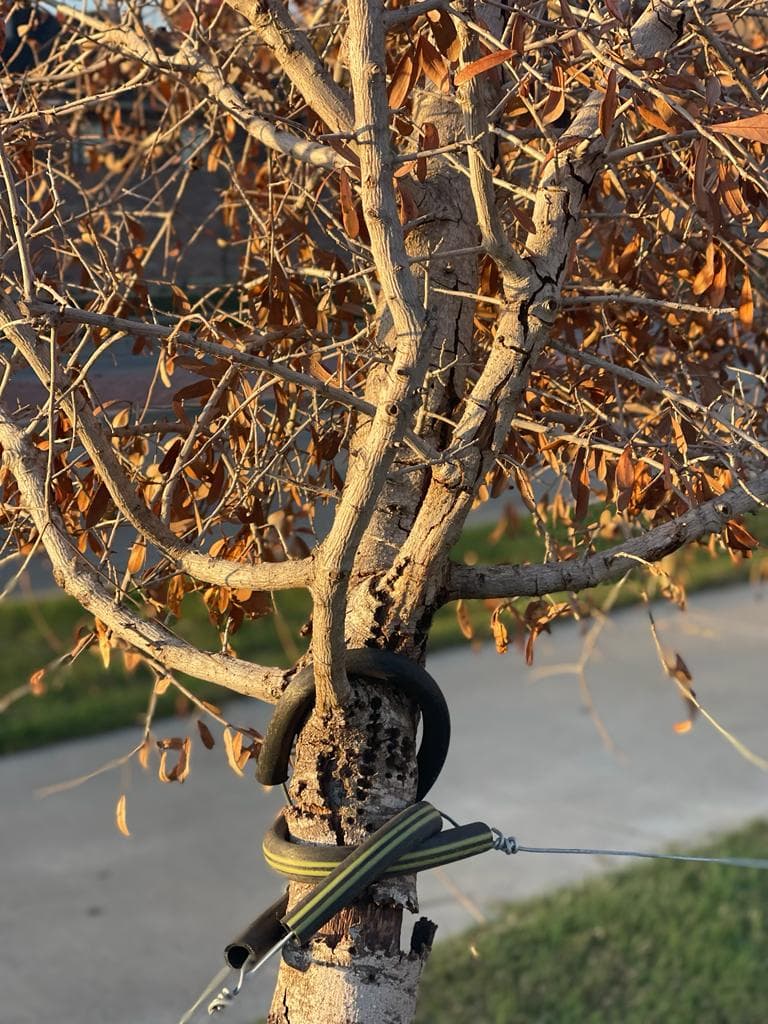Texas Shrubs & Tree Health Care Experts
Caring For Texas Shrubs & Trees Since 1990 Get A Free QuoteCall (817) 880-6130Tree & Shrub Pest Treatment Services in Lucas, TX
Our ISA Certified Arborist Can Help Treat Your Trees and Shrubs From Pests in Lucas, TX.
Arborist USA provides Tree & Shrub Pest Treatment Services in Lucas, Texas, and the surrounding areas.
Resplendent with lush arboreal and delightful shrubbery, Lucas, Texas, is a marvel of nature. However, to effectively maintain this pristine environment, a comprehensive, well-thought-out approach to tree and shrub pest treatments is essential.
Lucas’s unstinting efforts towards maintaining its scenic landscapes pay tribute to the town’s deep respect for its natural endowment. Effectively combating pest invasions through strategic planning and mindful execution, Lucas highlights the importance of sustainable pest control in preserving the environment. This dedicated approach serves as a potent reminder that efficient pest management does not need to come at the cost of our precious natural resources.
If you are in need of Tree & Shrub Pest Treatment Services in Lucas, TX, please get in touch with Arborist USA today by calling us at (817) 880-6130, your Tree & Shrub Disease Specialist.
Signs of a Sick Tree or Sick Shrub
- Dead Branches
- Yellowing Leaves
- Fungi or Decay
- Bark Falling Off
- Discolored or Rusted Leaves
- Dying Tree or Shrub
- Leaf Discoloration
- Root or Insect Damage
- Leaves look like they’re being eaten
- Bark is Peeling
- Holes in leaves
- Holes on Bark or Branches
- Stunted Growth
- Canopy Dieback
- Bark Abnormalities
- Wilting
Tree & Shrub Helpful Tips
1. Common Pests:
Trees and shrubs in Lucas frequently fall victim to pests such as beetles, aphids, scale insects, borers, and caterpillars. Initiating effective treatments as soon as these pests are identified can help mitigate the risk of spread and irreversible damage.
2. Quick Identification:
Prompt detection and identification of pests form the primary function of Lucas’s pest control strategy. By promptly identifying the emerging threats, the town is able to swiftly react to prevent large-scale infestations and ensure the preservation of Lucas’s verdant surroundings.3. Organic Pest Control:
A strong commitment to organic pest control is deeply ingrained in Lucas’s pest management system. Attracting beneficial insects that naturally control the pest populations reduces reliance on chemical pesticides, fostering a healthier and more environmentally friendly pest control system.4. Systemic Insecticides:
Nevertheless, Lucas does not shy away from the strategic use of systemic insecticides if the pest threat is severe. Through mindful use of these solutions, Lucas manages to control invasive pests whilst minimizing potential environmental setbacks.5. Biological Control:
Lucas takes great pride in its bio-control measures, creating habitats that encourage natural predators like birds and beneficial insects. By doing so, the town smartly leverages the ecosystem’s machinery in a sustainable pest control loop.6. Preventive Measures:
Preventive maintenance of trees and shrubs plays a large role in Lucas’s treatment strategy. Regular checks, proper watering schedules, and timely pruning help boost the plants’ natural resilience against pests, ensuring they stay healthy and robust.7. Treatment Resistance:
To halt the potential development of resistance in pests, Lucas variates its pest control methods. This rotation system efficiently curbs resistance development, prolongs the effectiveness of treatments, and reduces the risk of major infestations.8. Seeking an Arborist:
Expert insights from certified arborists and pest control professionals are integral to Lucas’s pest treatment strategy; their valuable advice allows Lucas to respond effectively to changing pest dynamics and formulate apt countermeasures.
If you’re concerned or have any further questions about our Tree & Shrub Pest Treatment Services in Lucas, TX, or surrounding areas in North Texas, please call us at (817) 880-6130.
Tree & Shrub Pests
Listed below are common Tree & Shrub Pests found in Texas.
Aphids
A white soft body insect that creates a sticky "honey dew" structure on limbs or leaves, blocking nutrients.
Bagworms
Bagworms lay eggs that create small cone-shaped structures less than three inches in length.
Beetles
An invasive wood borer that is subject in all wood tissue that causes severe decline in trees health.
Gypsy Moth
A larva that boars into leaf structure that cause lesser of a foliation and decline in overall leaf structure.
Oak Gall
A growth deformity known as a "gall" commonly occur on oak trees subject to branches and other structures.
Termites
Termites, wood-destroying insect, eats away at all wood tissue, damaging the structures of the trees.
Twig Girdlers
Being a member of the long-horned beetle family, these girdlers are known to eat leaf and other tree areas.
Webworms
These caterpillars spin white webbing bag nests in tree branches and eat your tree foliage (leaves).
Certifications

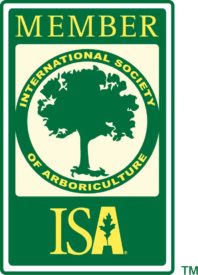

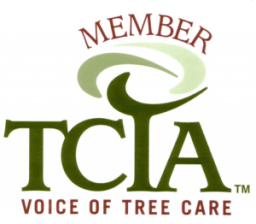
Our Reviews
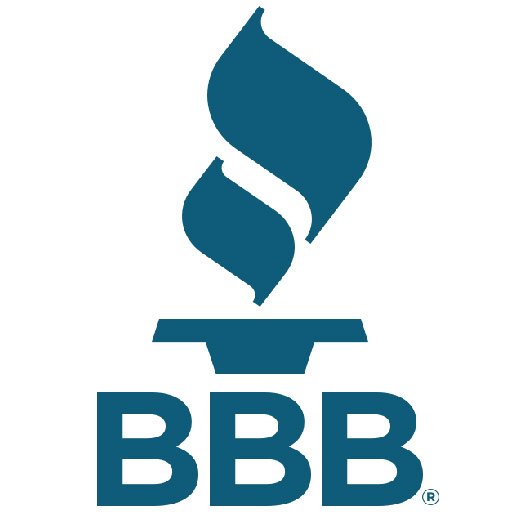
A+ BBB Rating based on 31 BBB Reviews
4.8/5.0 based on 83 Top Rated Local Reviews
4.6/5.0 based on 36 Facebook Reviews
4.0/5.0 based on 4 Trust Pilot Reviews

4.9/5.0 based on 90 Google Reviews
4.5/5.0 based on 13 Yelp Reviews
29 Recommendations on Nextdoor
Total Reviews: 286 ![]() Real Customer Reviews
Real Customer Reviews

